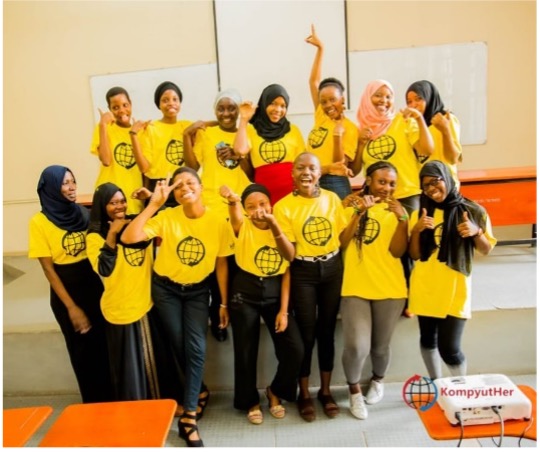Cambridge Development Initiative in Tanzania

2019 volunteer
Triveni Patel (2017, Theology & Religious Studies)
For two months this summer, I spent my time volunteering in a student-led NGO – Cambridge Development Initiative (CDI) now in its seventh year. CDI partners with the Tanzanian youth of Kite DSM to work on projects that are carried out under four areas: education, health, entrepreneurship and wash; each seek to empower local communities and maximise sustainable impact in Dar es Salaam. During our time there, projects that have already been set up are revised and modified so that they are more successful, and new ones are piloted to see if they are sustainable enough to be carried out once we leave. Some examples of projects across the teams include the Into Business Seminars, developing water filters and sexual health workshops. Having already volunteered in various projects abroad, I was aware that whilst volunteering has good intentions there are impacts of ‘voluntourism’, and I recognised that sustainability is not considered in many of these organisations, therefore, CDI stood out to me because it factors the need for sustainability in in every project.
Following on from an initiative that was piloted in 2017, we, the Education team, continued to run KompyutHer which was a series of computer-skill lessons for out-of-school girls. However, on reading the Monitoring and Evaluation report from previous years, we saw that the beneficiary group did not have access to a computer which raised the questions of usefulness and sustainability. Therefore, we focussed on young women who had start-up companies but lacked the computer and social media skills to enhance their businesses that are advantageous in a technological age. Our syllabus also encompassed networking and pitching skills. By the time of our closing ceremony, it was clear that KompyutHer was a resounding success – the participants had all created a brand for themselves, and most importantly, developed the confidence to stand and deliver their business pitches, with the knowledge of technology to aid it. The online network that was created alongside the lessons would continue to help the girls exchange ideas and skills after CDI had left, and our long-term plan would be to develop a syllabus that can be taken to wider communities.
Naturally, we faced numerous challenges along the way. Our first challenge was adjusting to a new routine of working Monday to Saturday, waking up to cold showers, sharing our accommodation with all kinds of wildlife and discovering that 90% of our diet would consist of rice and beans. However, the situation that affected us the most was adjusting to Tanzanian culture. Tanzanian timing came as a shock to us and the slow-paced nature of work was not something that we could control despite our persisting efforts. It dawned on us that being Cambridge students meant that we were high on the spectrum of working intensely, and that we could not simply copy-and-paste this style into the context that we were in. This made us become aware of the cultural exchange that needed to take place in order to understand the Tanzanian realities. We talked to each other, we shared our backgrounds and we came to find a middle ground that allowed us to work together efficiently.
Each day held a new surprise and we faced many hurdles along the way which tested out motivation; we were often turned away from schools who had agreed to see us, and we were not always taken seriously as a student-led NGO. However, growth came from taking all of these experiences as opportunities to learn. Throughout the two months, I was realising that the skills I had learned and developed were more subtle. Inevitably, I was exposed to the nature of student-led organisations, and I also got to experience the workings of NGOs – both the intense struggle and the rewarding achievements. Yet, I also realised that development work in other countries is not necessarily about making huge changes and you may not get the results that you intended on having; however, small impact is still worthwhile, even helping our Tanzanian counterparts how to make a PowerPoint was an achievement, and often, these are the foundations that are required in order to have scalability. I also learnt that working abroad to make change requires patience and perseverance, and the willingness to be open about new cultures and lifestyles; only then can change happen.
The past two months in Dar es Salaam have been some of my most challenging, and at the same time have been the most eye-opening, both for discovering the skills that are required to live and work in intense environments, and also to understand the intricacies and value the sensitivities of development work in new cultural contexts. I recommend volunteering for CDI or any similar organisation that lays the foundations for long-term impact because of the values you gain from such a unique experience and I remain grateful to all my friends and colleagues with whom I shared my own with.